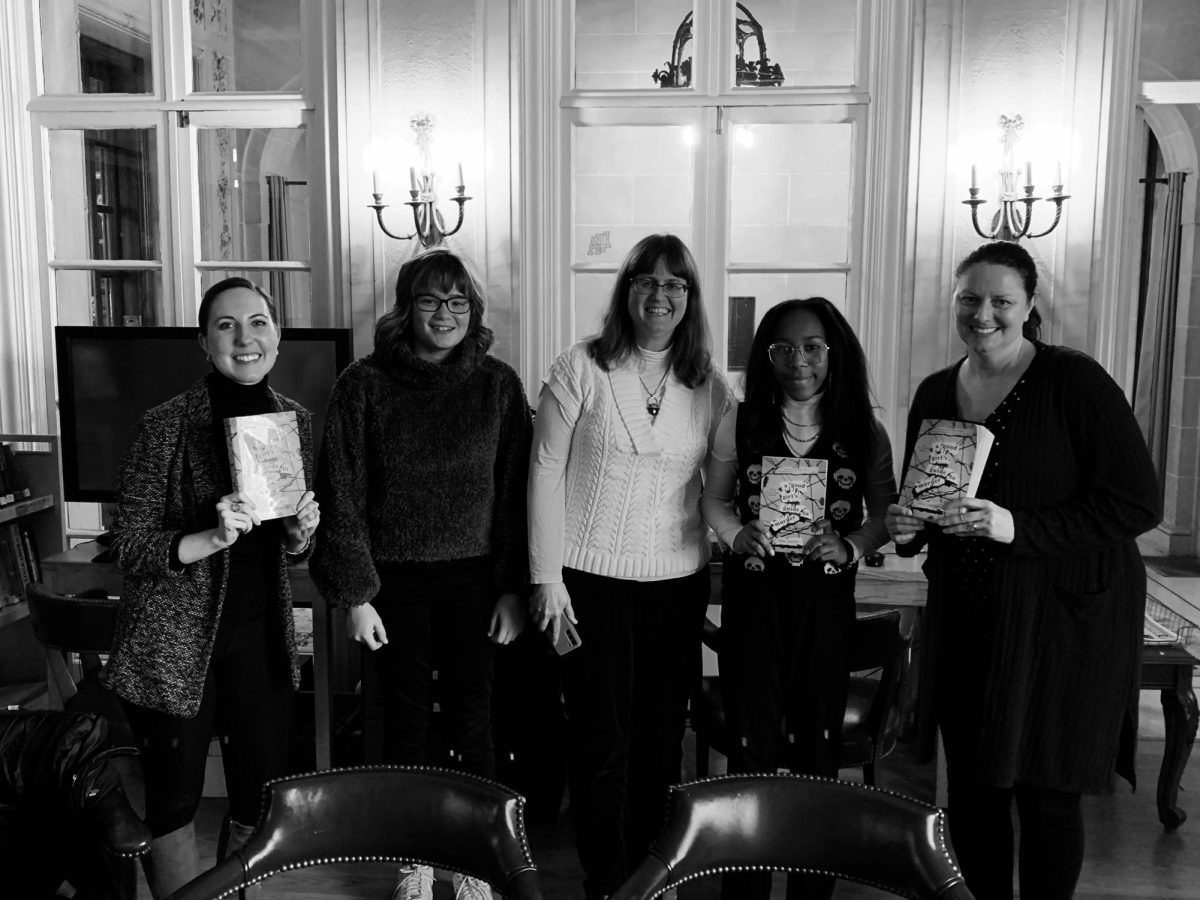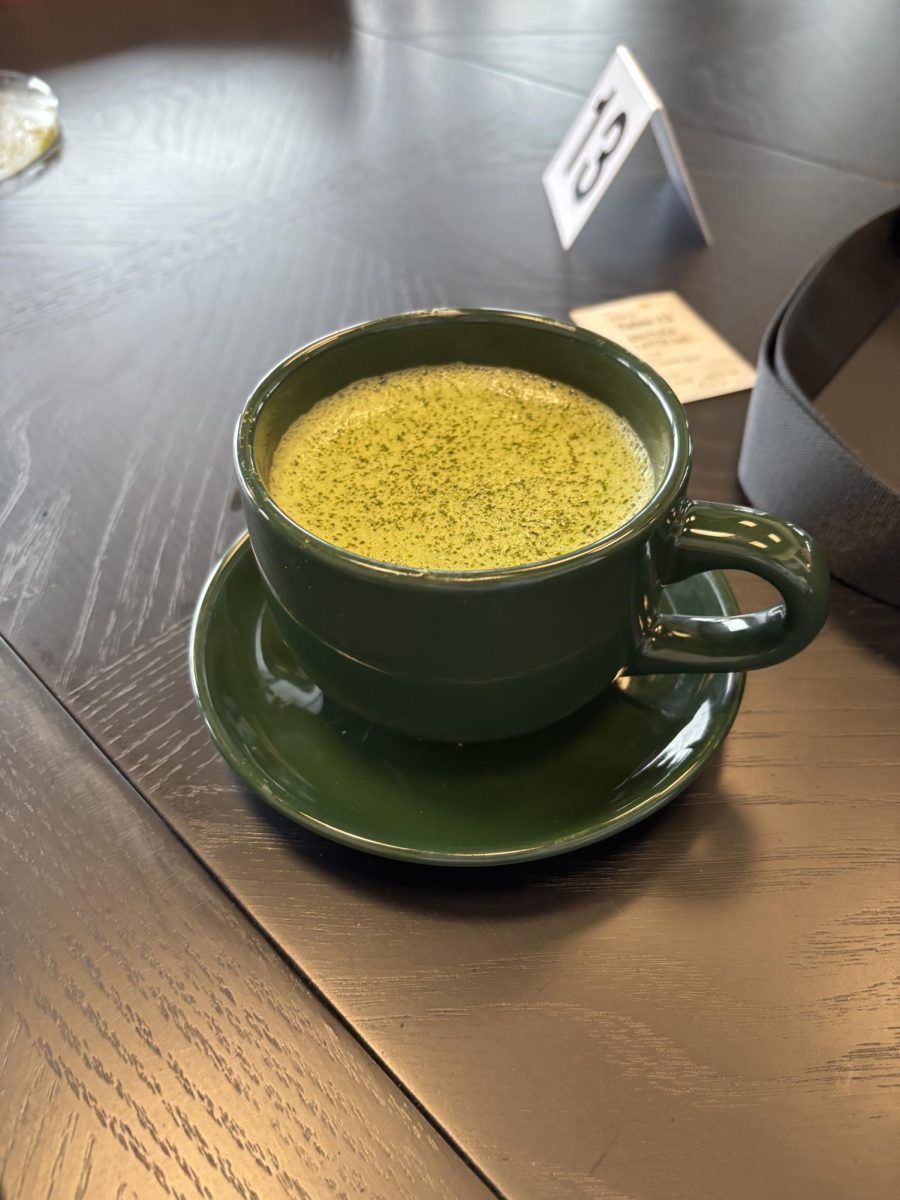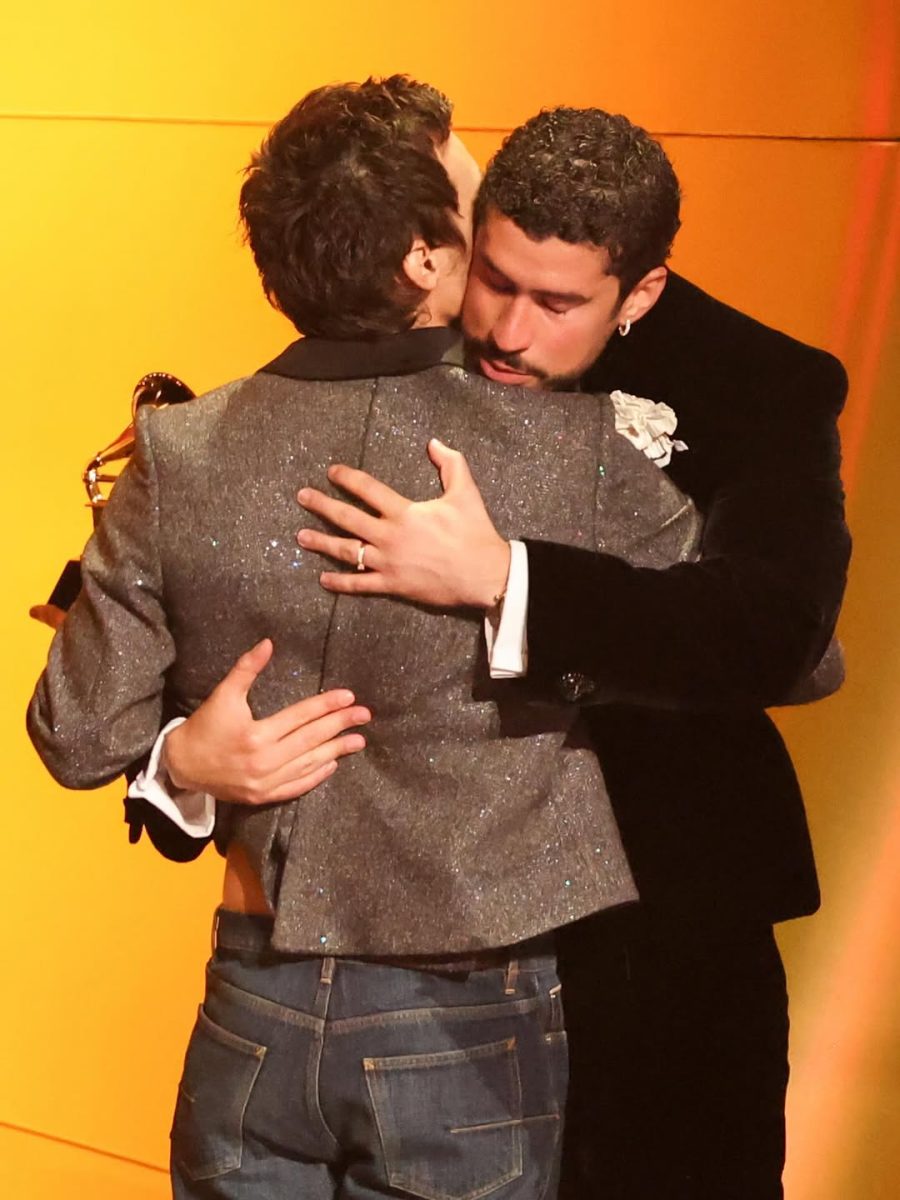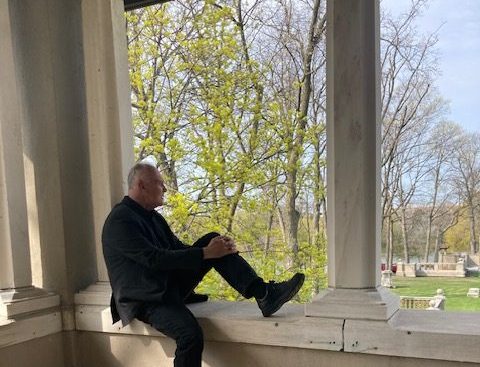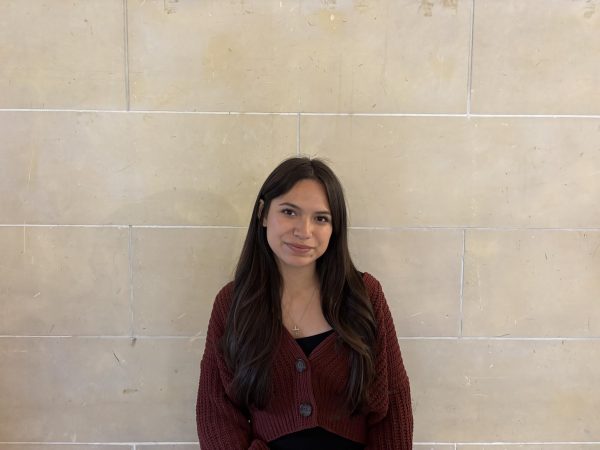Marc Kelly Smith, age 76, is the founder of the poetry slam movement that has gained traction around the world. Smith was born and raised in the South Side of Chicago, who now travels all around the world attending and performing slam poetry.
Smith learned to read in 7th grade, when his assistant principal forced him to read “The Pearl” by John Steinbeck. The book resonated with him and influenced his dabblings in poetry. Smith’s love for writing poetry was set on the back burner for other aspects of life. He got married at the age of 20 and found himself a job in construction soon after. In the shadows, Smith would write pieces and send them to small local magazines. He used the piles of rejection letters as motivation to continue writing.
After Smith decided to “try and make it as a writer,” he began attending poetry readings for inspiration. Living in Illinois, poetry readings were few and far between, and never a professional production. The Berwyn Library basement was his first poetry reading. Smith recalls it being a dull experience.
Smith first performed his work at the Left Bank Bookstore in Oak Park, Illinois in 1984, after he decided he was going to pursue poetry full-time. There, he performed “Father is Fated.” Ralph Sintron was the only person in the audience who applauded, but that was all the encouragement Smith needed. A year later, he had his first show at the Get Me High Jazz Park in Wicker Park, Illinois.
Smith believes that his early works were influenced by his childhood. Smith was raised in a blue collar family that showed little to no affection. His early writing was to purge the demons inside. Smith would write everyday in his first years as a poet, whether inspiration struck or not. Smith still continues to write, though not as consistently as before.
The term poetry slam was first coined by Smith. To him, slam had both a positive and negative connotation in life. When a reporter from the Chicago Sun-Times asked for a name, the Uptown Poetry Slam was born. Smith did not trademark the phrase against the suggestions of close friends, saying it is meant to belong to everyone — it was never meant to be commercial. Instead, Smith says, “It lets everyday people have a voice.”
Since becoming an icon, Smith has taken his poetry all around the globe. Smith is a French knight in letters and arts. He has traveled to many countries including Brazil, Singapore, and Sweden. Singapore in particular resonates with Smith the most because he witnessed first hand how slam poetry brings people together. Smith says, “slam breaks barriers and gets people together.”
His advice for the younger generation is to forget about the competition, which Smith says has gotten in the way of the true meaning of slam poetry. Instead he encourages people to “be unique,” because there is “nothing more wonderful than to sit in a room and have 20 unique voices and unique stories.”










